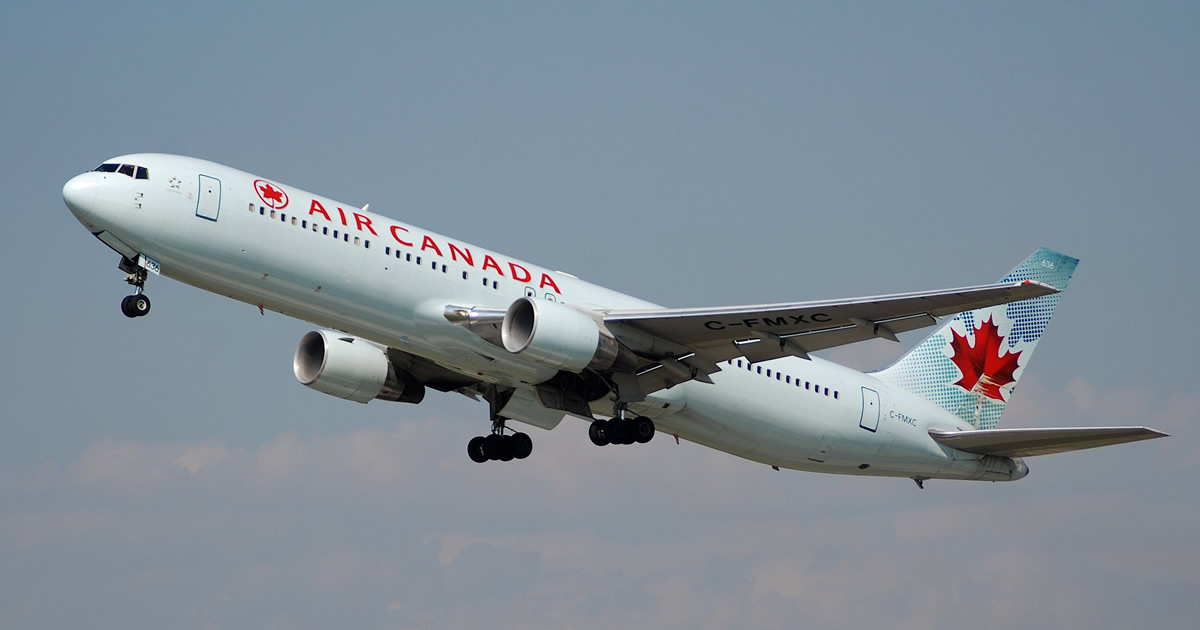
We recently wrote about the possibility of merchants being able to add surcharges on credit card transactions. This week we thought I’d be interesting to look at what’s happening south of the border. The U.S. is known for big portion sizes, Major League Baseball and Wall Street, but it’s also known for generous credit card offers. If you think credit cards are generous in Canada, that’s nothing compared to the U.S. Flashy bonuses and hefty cash-back are a regular occurrence there. But with credit card landscape changing stateside, the good times could be coming to an end.
Credit Card Rewards Under Threat
Canada and the U.S. share a lot of similarities. Both our official languages are English, we share the longest international border in the world and merchants in both countries loathe credit card interchange fees. Small businesses have been grumbling about credit card interchange fees for years in Canada. It’s a similar feeling in the U.S.
Interchange fees work pretty much the same way in the U.S. as Canada. When you swipe your credit card at a retailer to make a purchase, the interchange fees, which can be over two percent in the U.S., gets split between card issuers (usually banks) and card networks (Mastercard, Visa and American Express). Since there are relatively few players in the card network space, these companies carry a lot of clout. Similar to Canada, the card networks in the U.S. have been accused of setting their interchange fees too high.
To say the U.S. is a litigious society would be the understatement of the century. It’s fairly common for parties to sue one another stateside. The credit card space is no different. The legal battle over interchange fees has been going on for over a decade in the U.S. Although there have been some pretty small players, such as a hair salon in New York, challenging the credit card network’s dominance, some bigger players are getting on board. Amazon, Wal-Mart and Costco among others have filed multi-state class-action lawsuits against Mastercard and Visa. Their goal is to see a reduction in interchange fees.
Will the retailers succeed? It’s still up in the air, but a settlement is possible. What if these companies do succeed in lowering interchange fees? It could mean the end to the lofty credit card perks Americans enjoy so much.
Credit Card Surcharges
Similar to Canada, credit card surcharges could be on the way in in the U.S. If Plan A of reducing interchange fees fails, merchants have a Plan B up their sleeve. They could pass along the higher interchange fees to cardholders in the form of surcharges.
The rules for imposing surcharges vary by states, but even if it’s allowed, in most cases it’s forbidden for merchants to tack it on under the card network agreement. That could change though with a recent ruling out of New York and could have consequences in other states.
But even if merchants have the power to add a surcharge, whether they go ahead and actually do it is another story. It all depends on what the competing merchants do. If a company’s competitors don’t add a surcharge, than a company would be at a distinct disadvantage if it did it themselves. But what if other companies did add surcharges? Then that would mean more money out of the pockets of cardholders.
The Bottom Line
There’s a lot going on in the credit card landscape in the U.S. It will be interesting to see how it all plays out. Could it have implications in Canada? Perhaps. If merchants in the U.S. start adding surcharges and it becomes widespread, it could lead to a similar trend in Canada.




